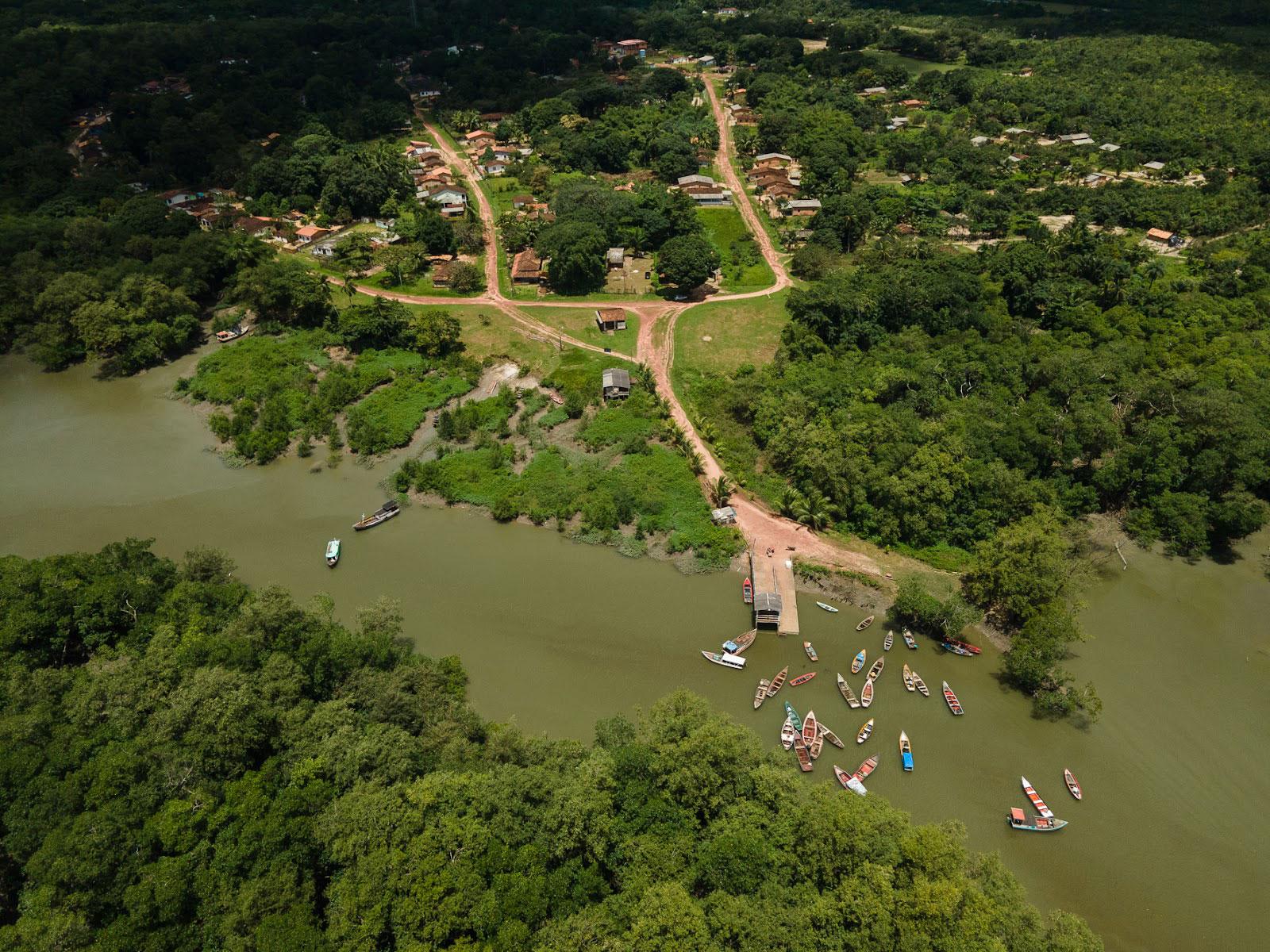Every day, Célia Regina das Neves fishes among the mangroves in the Mãe Grande de Curuçá Extractive Reserve, a conservation area at the mouth of the Amazon River in Brazil.
Neves relies on resources from the surrounding forests and mangroves for her livelihood, too.
“I make baskets, and I make traps for shrimping,” she said, referring to the plants in this lush landscape from which she weaves her gear, as well as the fishery that sustains her community.
But she worries about the future of the reserve and with it, her livelihood — as a result of plans to set aside land here for carbon offset efforts.
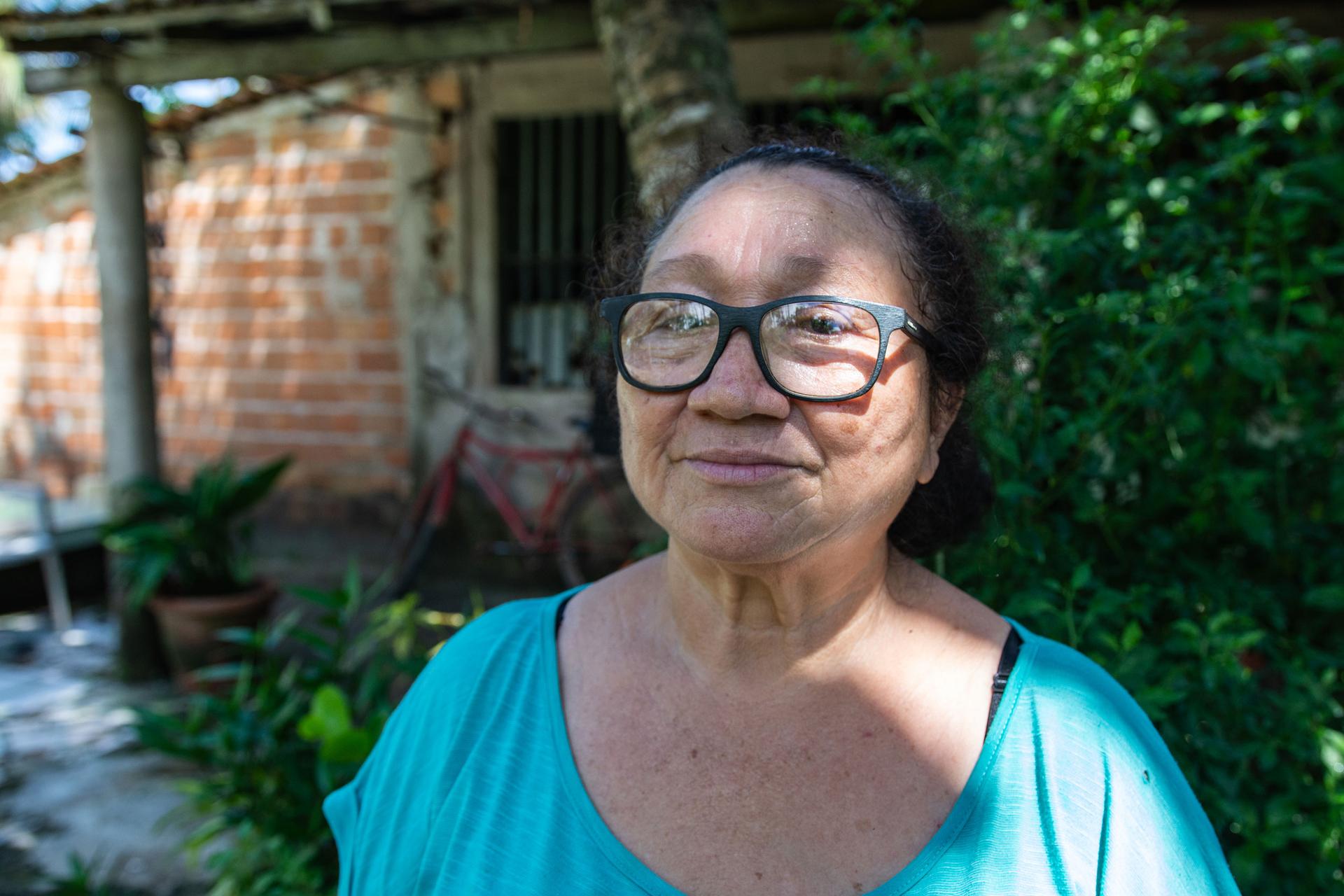
Carbon offsetting is a way for companies and individuals to compensate for their own carbon emissions by funding an equivalent carbon-dioxide saving effort somewhere else. Companies and individuals can buy “carbon credits” generated by these projects.
President Luiz Inácio “Lula” da Silva’s administration has embraced carbon credits as a way to protect the Amazon and mitigate climate change. Lula mentioned carbon credits as part of Brazil’s path toward a “bioeconomy” at the COP27 climate conference in Egypt, and again on a state visit to China a few months ago.
But many community activists in the Amazon, including Neves, say these types of projects can be problematic.
Recently, the reserve’s president, José Roberto Garcia de Moraes, signed an agreement giving Carbonext, a Brazilian carbon offset development company, the authority to monitor the area for the eventual sale of credits based on the carbon sequestered in biomass — mostly trees — on a piece of land here. The area is the size of Detroit.
“[The project] will benefit all of us, both the mangrove forest and the fishermen,” Moraes said, adding that carbon credits will generate income for people who really need it. Carbonext offered the reserve’s association 50% of the carbon credits over a 20-year period. The credit value would vary with the price of carbon on the voluntary market.
“For us, fishermen and coastal dwellers, the project is important,” he said.
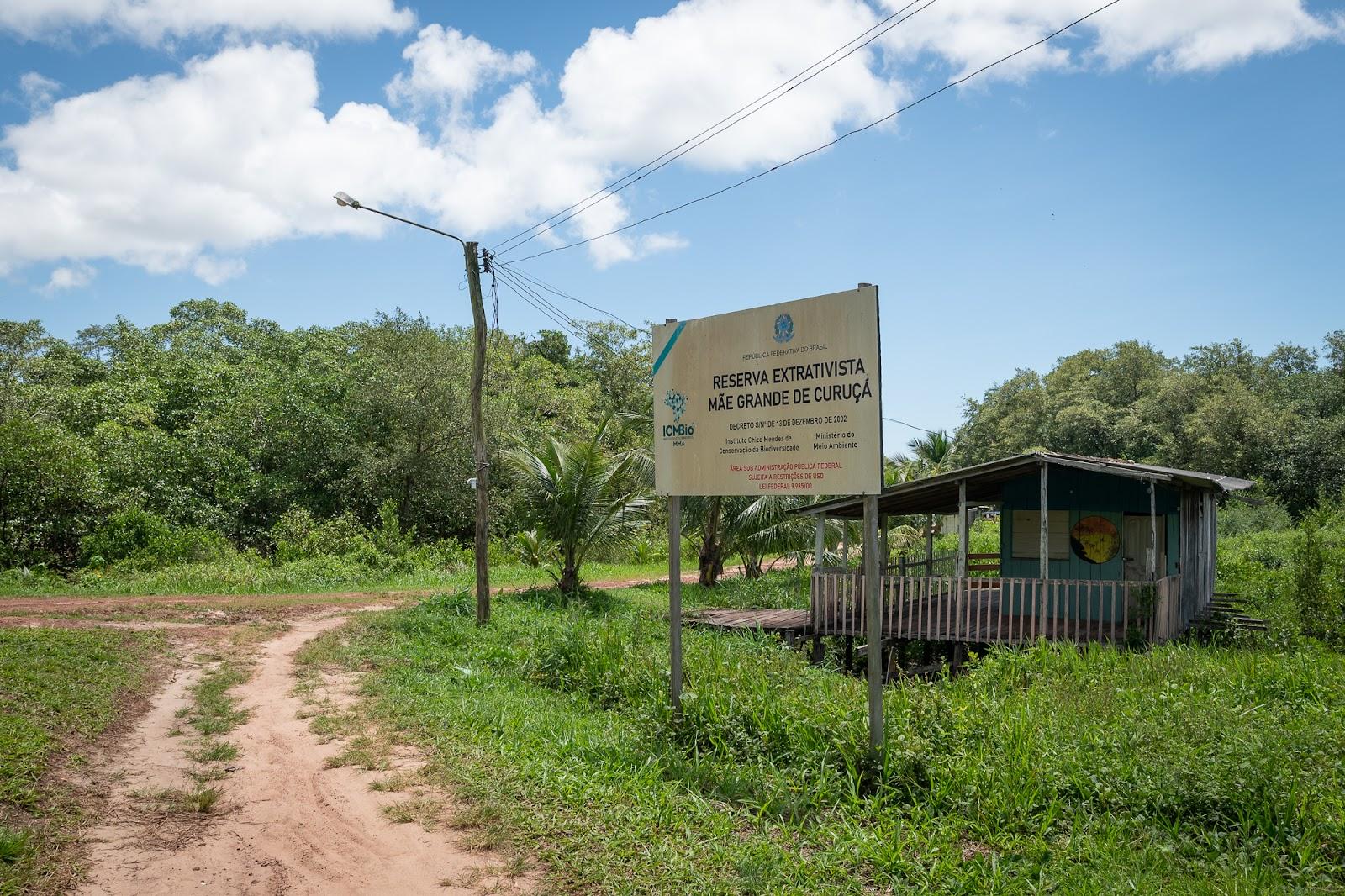
Neves said the agreement was signed without any transparency.
“This agreement was not communicated to the community. Community members didn’t know it was signed,” she claimed.
And she sees it as ceding the community’s land.
“It happened without any consideration about how all of this would take place: If families would be allowed to continue fishing, if the crab-catchers would be allowed to keep going down to catch their crabs. We don’t know anything about any of this.”
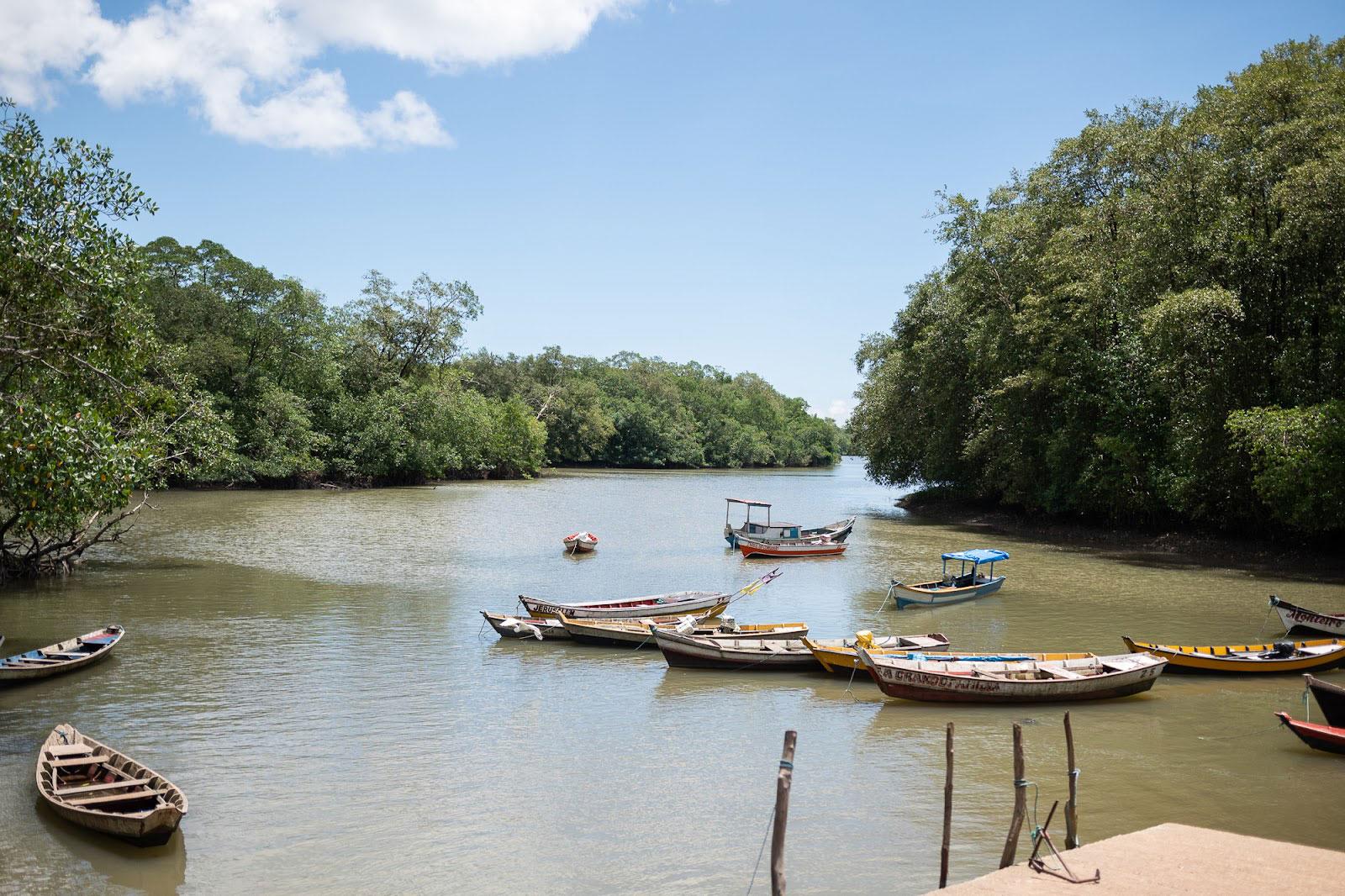
In a written response to questions from The World, Carbonext stated: “Residents are always consulted about the demands that will be the focus of the initiatives implemented in the region,” adding that there would be no restrictions on fishing or other activities in the Curuça extractive reserve as a result of the terms of commitment.
With no comprehensive official registry, it’s hard to quantify the number of current offset projects in Brazil. This also makes it difficult to monitor and regulate new carbon credit projects that often occur in remote, rural communities.
Claudia Horn is a research fellow at the London School of Economics who has studied carbon credits in the Brazilian Amazon for years.
As Brazilian lawmakers debate legislation for monitoring and enforcing carbon offset projects under so-called cap-and-trade, Horn said there are better ways to approach this that draw on mechanisms that promote human rights and act against deforestation.
“The demarcation of Indigenous lands, land reform, agrarian reform, all these are mechanisms that more directly have the effect, have a positive effect on Indigenous and traditional communities that are extremely poor,” she said.
But the pressure to embrace forest carbon offsets is significant, given the political power of agribusiness and other private-sector interests in Brazil.
“Of course, there is a lot of pressure from corporations to have a carbon market because they will be the prime beneficiaries of it,” she said.
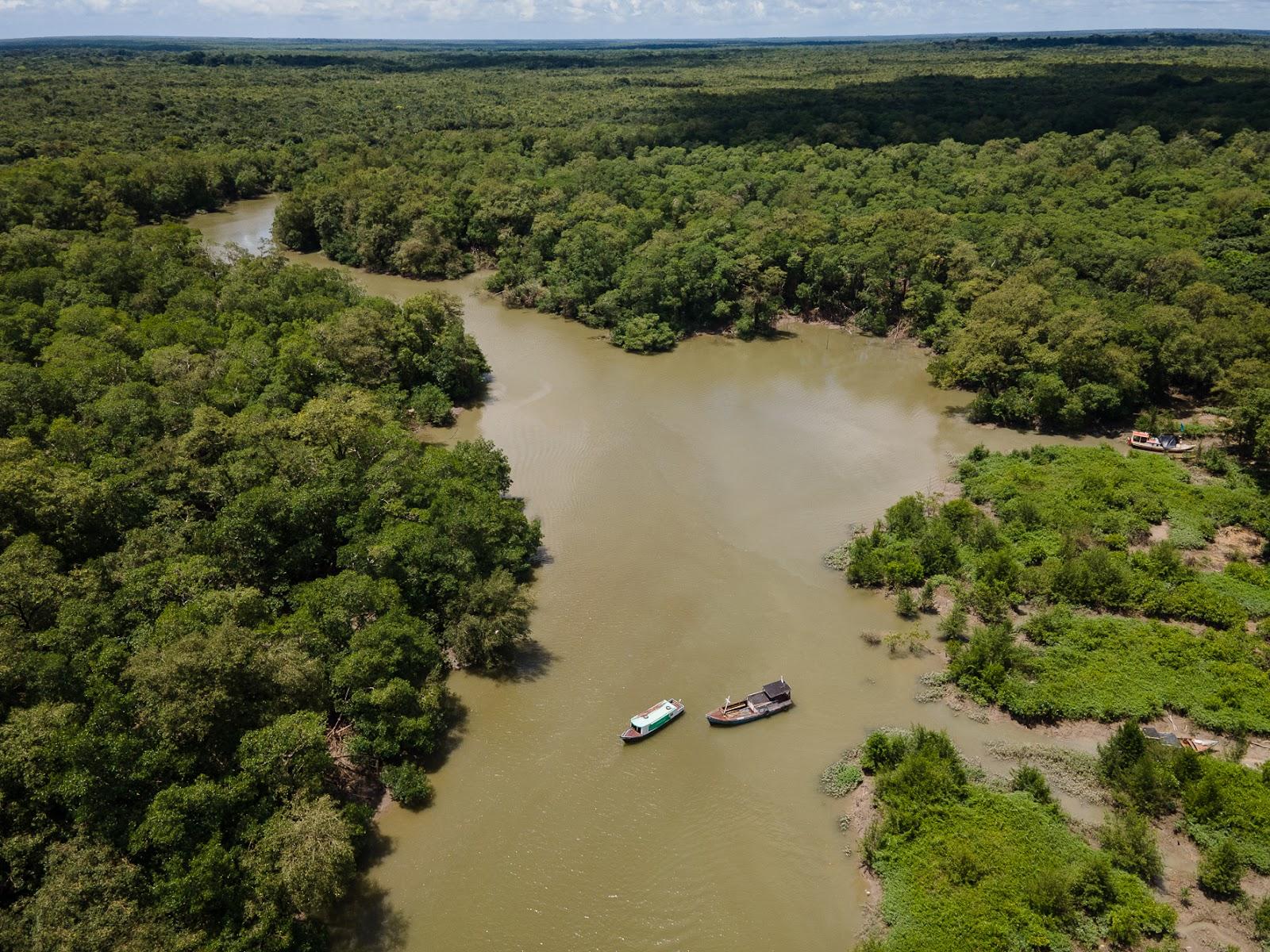
Meanwhile, Curuçá is not an isolated case.
Brazil’s Pará state is full of carbon offset projects.
In Indigenous Munduruku Territory along the Tapajós River, local leaders say that developers have been trying to make inroads as far back as 2007, shortly after the UN-backed “Reducing Emissions from Deforestation and Forest Degradation” (REDD) program was rolled out in Brazil.
Munduruku leader João de Deus Kaba said that more recently, companies like Carbonext have been in constant, unsolicited contact. His community has mostly rebuffed these attempts.
“We don’t want — we will not accept — these types of contracts, in the case of carbon credits,” he said.
Companies like Carbonext act as intermediaries between local communities, independent auditors, and the companies or other parties interested in offsetting their emissions in the first place. A carbon credit auditor verifies that offsetting projects like Carbonext’s are actually reducing or removing greenhouse gas emissions and that the carbon credits generated by them are valid.
But legal expert Pedro Martins said these companies sometimes strong-arm community members into signing contracts. Martins said these contracts can be “abusive.”
“They directly interfere with the use of the territory and not just for a short period of time. It’s not a question of one, two or three years. Generally, these contracts are proposed for 30 years,” he said.
Martins pointed to one Pará community where people were not allowed to farm traditional lands after signing an agreement with a carbon project developer. He asked not to name the community or the company out of fear of retaliation.
“Even small fields are often the object of persecution in these cases by such companies,” he said.
After facing international criticism, Verra, the largest carbon credit auditor, said it is currently revamping its methodology to ensure locals still have access to their lands. The CEO was sacked in May in at least tacit acknowledgement of the bad press offset projects have received.
Back in Curuçá, the lack of trust in carbon credit companies is palpable.
Lifelong community member Manoel Santana da Trinidade, 67, said the lack of free, informed and prior consultation with communities is not acceptable, given how much territory and how many livelihoods are at stake.
“It has to be discussed first with the community members, explained to the community the reason, the motive behind why they are coming here to offer these credits,” he said.
